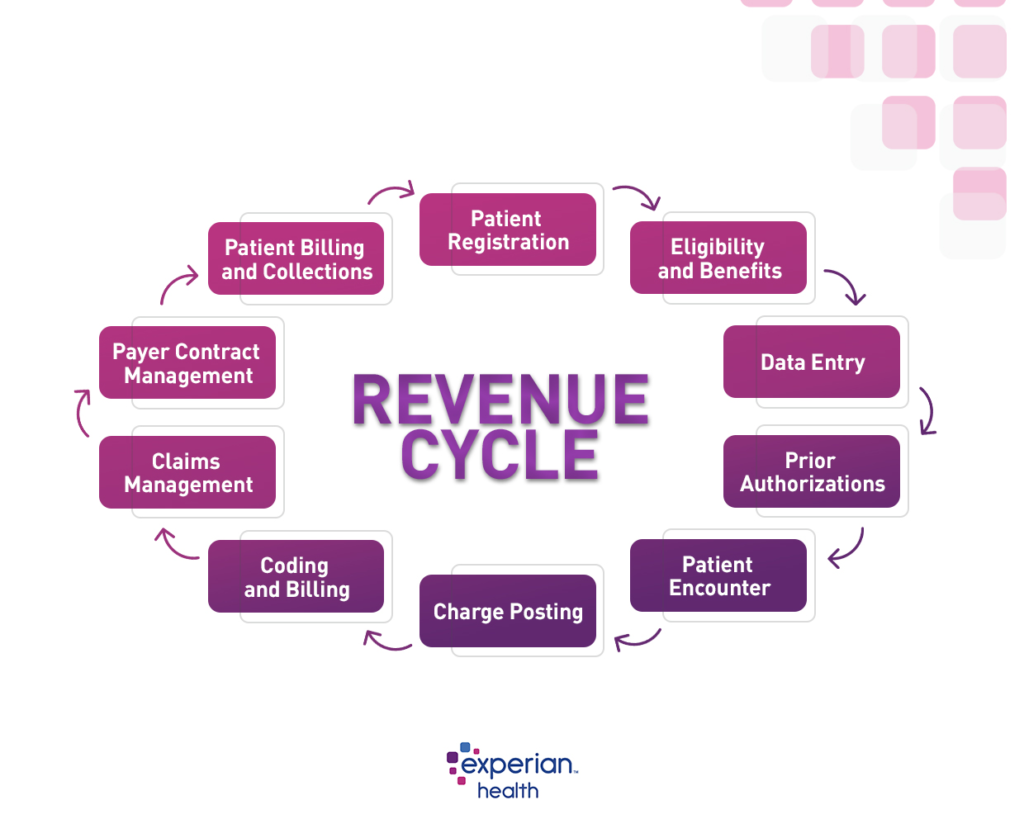Revenue cycle management (RCM) is a critical part of any healthcare practice’s financial health. It is the process of managing the entire revenue life cycle of a patient’s visit from start to finish.
RCM includes patient registration, billing, payment, and reimbursement. The goal is to increase patient satisfaction, improve operational efficiency, and boost the bottom line.Here you can know more about Prior Authorization Automation & Intelligent Automation for Healthcare Revenue Cycle Management.

RCM can help healthcare practices streamline operations, reduce costs, and increase revenue. By improving the accuracy of billing and collections processes, organizations can reduce claim rejections and denials, speed up the reimbursement process, and reduce the cost of labor associated with manual processes.
Additionally, RCM can help practices accurately track patient data, which can help them make informed decisions about the services they provide.
RCM can also help healthcare practices maintain compliance with government regulations and insurance reimbursement policies. By staying up to date on the latest regulations, organizations can ensure that they are compliant with current laws and are being reimbursed properly for the services they provide.
Finally, RCM can help healthcare practices improve the patient experience. By streamlining the billing and collections process, organizations can reduce patient wait times and make the check-in process more efficient. Furthermore, RCM can help organizations collect accurate data on patient satisfaction, which can help them improve the quality of care they provide.